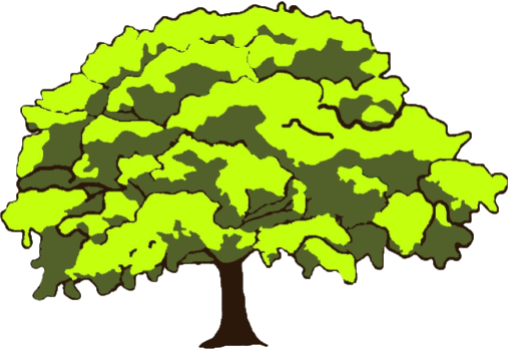This estate description is part of a short series of posts on the people and society of my homebrew setting, Galthamar.
Ideals, self-portrait
A Highman is tall and noble, strong and brave, just and decorous. Raised to be warriors, Highmen are the protectors of the land and its people, and therefore the rulers and holders of the land. Highmen are proud of their ancestry and pass on their holdings to their descendants. Highman homes, dress and habits are in accordance with their station and so can be fine, luxurious and fashionable. Highmen may accept well-made and good-sized young people as pages or servants, perhaps to grow up in the Highman estate; they will not accept the ill-formed or obviously lowly.
Stereotypes, criticisms
Highmen are arrogant bullies, living off the toil and skill of others, and devoting themselves to violence and conspicuous consumption. They are prejudiced against (and may even drive out of their estate) small (especially short) or physically weak people. They under-value modesty, peaceful skills and caring. They may praise hard work and service as long as it is done by others for the benefit of Highmen, but more often take it for granted and seldom give due reward if they can avoid it. Highmen have no humility.
Description and styles
Highmen do indeed include many of the tallest Galthamarians, and few of the shorter. In build, colouring and physiognomy they show the range of common variation.
Their decoration and design varies with fashion, as their culture values display and novelty. At times, style wins over practicality. They seek to differentiate themselves from Holbits (who at the margins can look quite similar to Highmen), so they ensure their fashions do not resemble Holbit wear, and they nearly always wear a hat or some form of headgear. (Shorter Highmen may use a tall hat or built-up shoe heels to exaggerate their height.) Highmen travel mounted whenever possible, ideally on horseback. They rarely smoke pipe-weed. Highman buildings are typically square-cornered with vertical walls and pointed roofs, and generally aim for height, within the constraints of the builder’s resources.
Highmen speak, and many read and write, the language of their country. Many also speak the language of one or more other countries, especially powerful and respected kingdoms with thriving chivalric traditions; these languages are used by Highmen especially in diplomacy, in ceremony and pageantry, and in literature that promotes the values of Highman culture.
Social position
Highmen make up most of the warrior and landed elite of Galthamarian society, and generally their culture values and aspires to property ownership, martial prowess and rulership, ideally in a distinguished ancestral lineage as well as in the present individual. Obviously not every Highman can be the flower of chivalry or the top of the social tree, but even those of modest means frequently seek some form of property-holding and/or arms-bearing. Many are yeomen, and soldiers, and they are most prevalent in rural areas. Obviously they are also found in other occupations, and can earn respect in the eyes of other Highmen if they achieve success, power or prosperity.
Relations with other estates
Highmen’s elite position allows them the privilege of a benign view of most other estates, especially if the other estates make themselves useful and give Highmen due respect. Obviously there is a risk that members of other estates may see Highmen’s expectations of respect as unreasonable, or resent their wealth and power, and these attitudes are discouraged and disapproved of in turn by many Highmen. Highmen tend to be dismissive and contemptuous of Gobelins.
